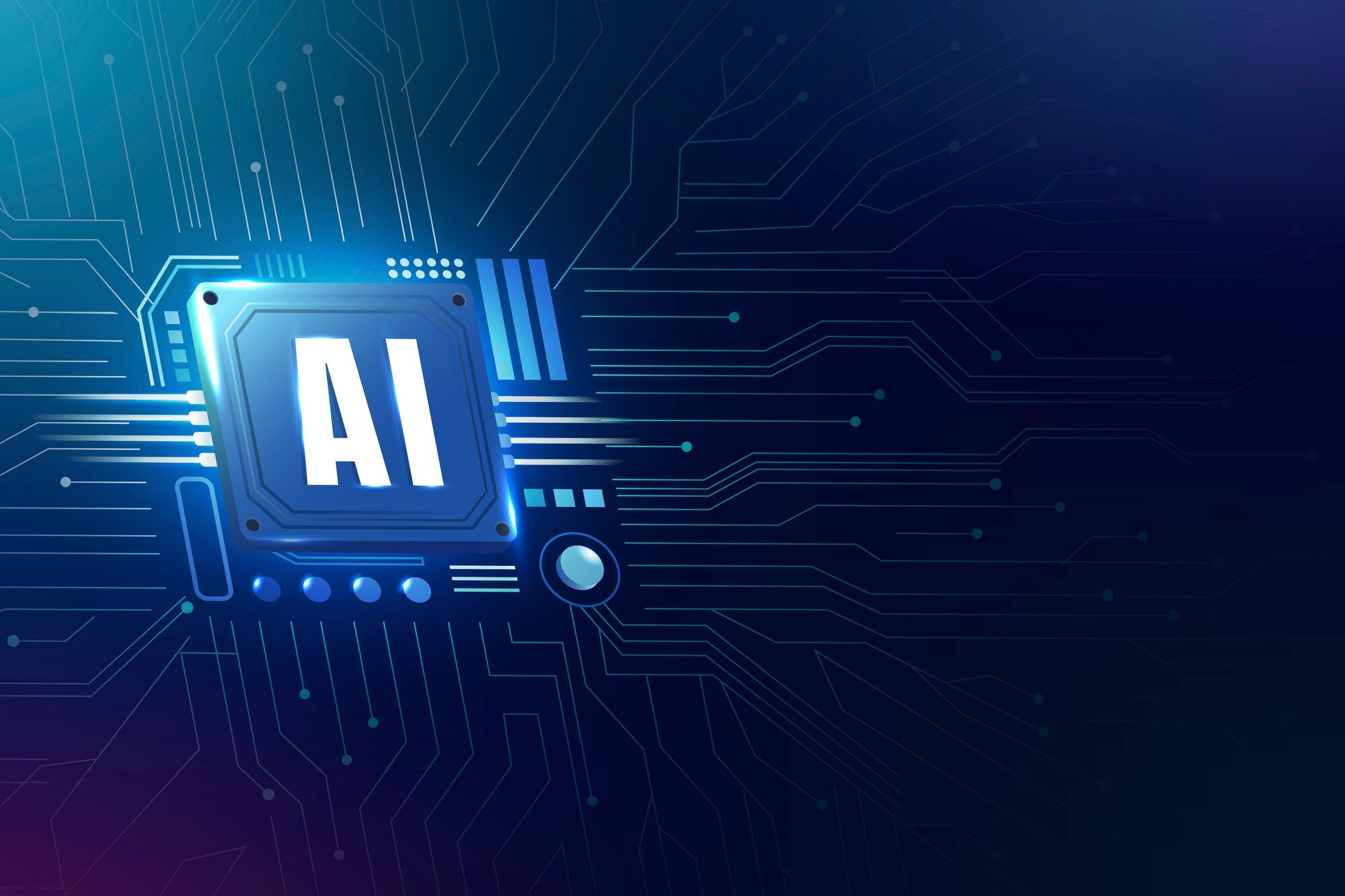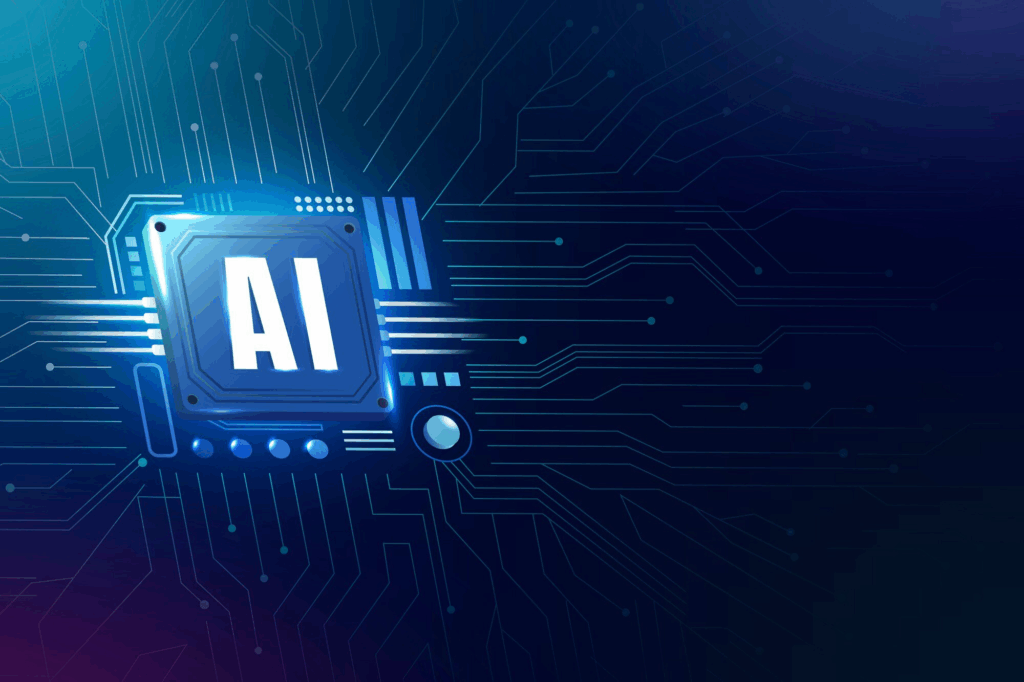While Local AI, Decentralized AI, and Federated Learning are often discussed in overlapping circles, they bring distinct architectural philosophies and strengths. At their core, all three approaches aim to reduce reliance on centralized data processing, improve privacy, and empower users or devices at the edge.
However, the way they achieve these outcomes through execution models, governance, and learning mechanics differs significantly.
Understanding these differences is crucial not only for developers and researchers but also for businesses deciding how to build scalable, secure, and ethical AI systems.
Feature | Local AI | Decentralized AI | Federated Learning |
Data Location | On-device only | Distributed across peers | Remains local during training |
Control | User/Org-owned | Peer-based consensus | Coordinated central aggregation |
Key Benefit | Privacy + Low latency | Transparency + Autonomy | Privacy-preserving collaboration |
Common Tools | Ollama, LM Studio | Fetch.ai, Bittensor | Flower, FLock.io, OpenMined |
All three approaches are not mutually exclusive. In fact, some of the most cutting-edge AI stacks in 2025 combine local inference with federated learning and decentralized orchestration, creating AI systems that are resilient, privacy-safe, and free from centralized control.
The Bottom Line
Running AI locally, decentralized, or federated is no longer a niche topic its is the frontier of responsible, scalable, and sovereign intelligence. Whether you’re a developer building tools on Ollama, a city deploying Fetch.ai agents, or a hospital joining a federated network, these models are reshaping what AI means in a post-cloud world.
As AI continues to evolve, the smartest systems might not be the ones with the biggest models, but the ones closest to the data, the people, and the purpose.
We’re entering a new phase where infrastructure matters as much as innovation. It’s not just about how advanced your model is—it’s about how you deploy it, who owns the data, and who controls the outcome. Local and decentralized AI offer a framework that’s more inclusive, more democratic, and more aligned with real-world needs. They empower individuals and organizations to innovate without needing permission from centralized platforms.
At its core, this shift isn’t just about technology—it’s about values. Privacy, transparency, collaboration, and fairness are no longer afterthoughts in the AI conversation; they are design principles. The move toward local and decentralized AI reflects a broader cultural demand for systems that serve people first,not platforms, not profits, and not gatekeepers. The future of AI won’t be dictated from the top, it will be built from the ground up.
Unlock the Future of AI -
Free Download Inside.
Get instant access to HonestAI Magazine, packed with real-world insights, expert breakdowns, and actionable strategies to help you stay ahead in the AI revolution.




